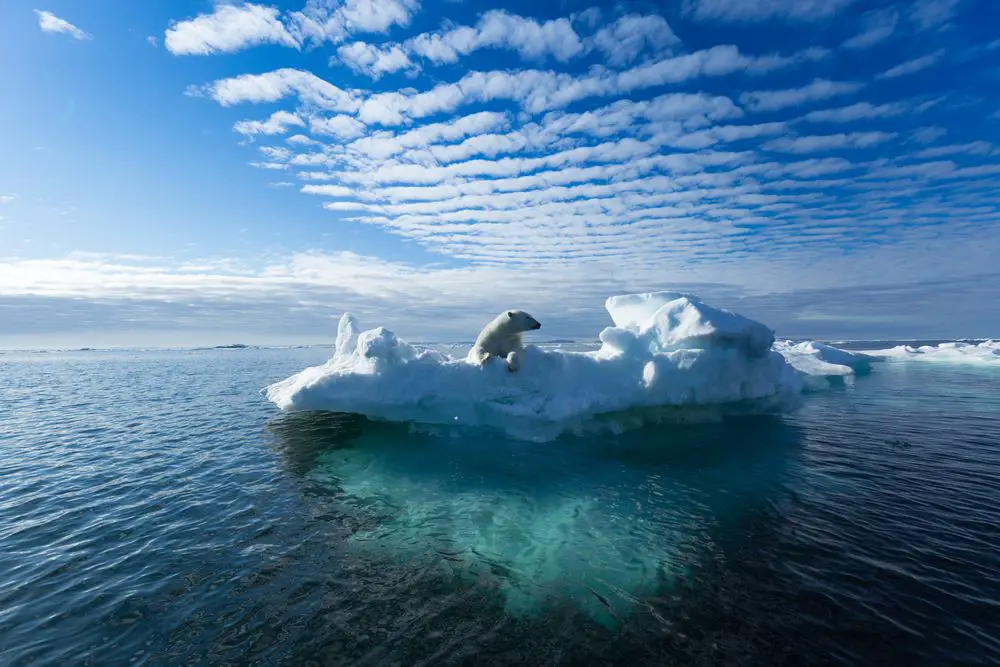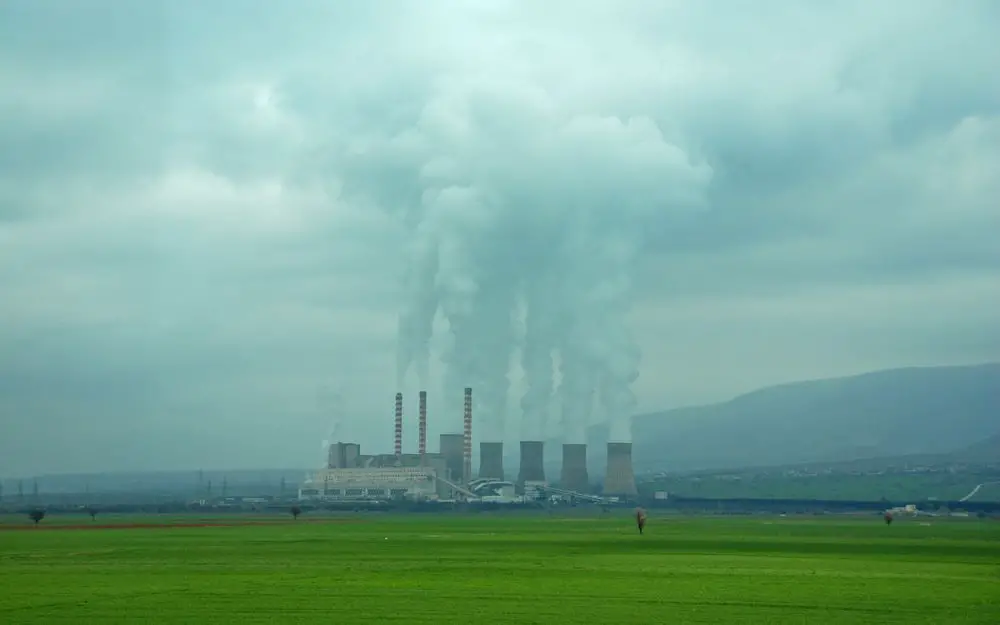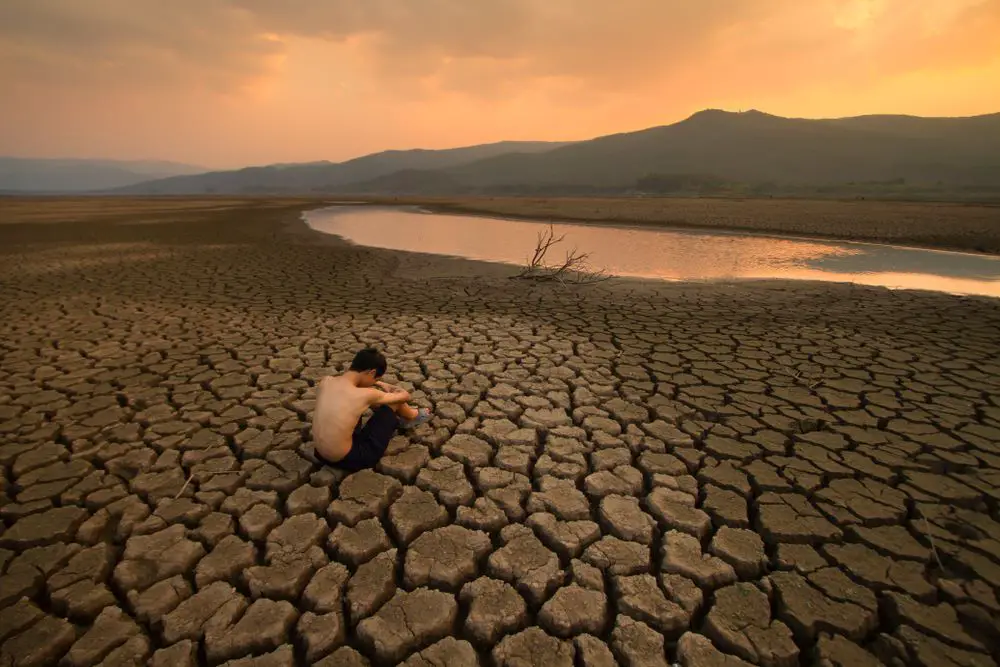Global warming is in the news everywhere. Scientists agree that the earth’s temperature is rising. The long-term rise in the average temperature of the Earth’s climate system is referred to as Global Warming. As the Earth is getting hotter, disasters like hurricanes, droughts, and floods are getting more frequent. Over the last 100 years (1906–2005), global temperature has increased by 0.74°C. But it is not only about how much, it is also about how rapidly it’s happening. There have always been natural climate changes – Ice Ages and the warm intermediate times between them – but those evolved over periods of 50,000 to 100,000 years.
Global warming is responsible for the conspicuous increase in storms, floods, and raging forest fires we have seen in the last ten years, some scientists expressed that, “Earth should be in a cool-down period”. They meant that human beings should work together for rescuing the earth and the environment by preventing fossil fuel burning and also to work for the reduction of CO2 which will eventually let the earth be cooled down.
In 1957, notable climatologist Roger Ravelle described the possibility of global warming from the burning of fossil fuels:
“Human beings are now carrying out a large-scale geophysical experiment of a kind that could not have happened in the past nor be reproduced in the future. Within a few centuries we are returning to the atmosphere and oceans, the concentrated organic carbon stored in sedimentary rocks over hundreds of millions of years…”

Ravelle also encouraged climatologist Charles Keeling to measure carbon dioxide levels in the atmosphere. The resulting so-called Keeling Curve dramatically illustrates the rise of CO2 above pre-industrial levels, a rise confirmed by measurements of the gases trapped in the thick layers of ice built up over thousands of years on Greenland and Antarctica. Perhaps more than anything else, this documented atmospheric increase in CO2, a powerful greenhouse gas (GHG), has served to bring home the possibility of humans warming the climate. The rise in CO2 is largely due to the burning of fossil fuels. In fact, this rise makes warming a certainty since physics is well understood and GHG warming is an observational fact.
Contribution of Greenhouse Gases to Global Warming

The Sun is hot and radiates most of its light is short-wavelength visible radiation (violet, blue, green, yellow, orange, and red). The earth responds by absorbing some of this visible radiation, heating up, and irradiating energy back to space in the form of longer-wavelength, invisible infrared rays. This further heats the lower atmosphere and surface of the earth, much the way, sunlight “trapped” inside the glass-like structure of a florist’s greenhouse warms the space within. GHGs can be defined as gases that have the property of absorbing infrared radiation (net heat energy) emitted from the earth’s surface and re-radiating it back to the earth’s surface, thus contributing to the greenhouse effect. Carbon dioxide, methane, and water vapor are the most abundant greenhouse gases.
Global warming is perhaps the most important environmental problem in the world today. Levels of greenhouse gases are increasing in the atmosphere due to human activities, and this in turn is changing the composition of the atmosphere. Climate scientists agree that human activities such as the burning of fossil fuels contribute further to the problem.
The bitter fact is that despite how many nations, companies, cities, and people are starting to reduce CO2 emissions, the world is putting more CO2 into the air than ever before. The current amount of CO2 in the atmosphere is 385 parts per million (ppm) higher than ever in the past 800,000 years. At the same time, renowned American Climatologist Dr. James Hansen of NASA says we already have too much CO2 and other greenhouse gases in the air:
“If humanity wishes to preserve a planet similar to that on which civilization developed and to which life on Earth is adapted CO2 will need to be reduced from its current 385 ppm to at most 350 ppm.”
Effects of Global Warming

Perhaps, one of the reasons that make global warming an important issue for us is its adverse effects on the environment. Here we will point out some of the adverse effects of global warming.
- Direct manifestations of a widespread and long-term trend toward warmer global temperatures
- Heatwaves and periods of unusually warm weather
- Ocean warming, sea-level rise, and coastal flooding
- Glaciers melting
- The Arctic and Antarctic warming
Events that foreshadow the types of impacts likely to become more frequent and widespread with continued warming:
- Spreading disease
- Earlier spring arrival
- Plant and animal range shifts and population changes
- Coral reef bleaching
- Downpours, heavy snowfalls, and flooding
- Droughts and fires
Impacts of Climate Change on Agriculture
As we know that the change in climate directly put impacts on the agricultural system and here we have listed some of them:
- Shortage in grain production
- Poverty impacts
- Temperature potential effect on growing period
- The potential effect of atmospheric carbon dioxide on yield
- Effect on quality
- Agricultural surfaces and climate changes
- Erosion and fertility
- Potential effects of global climate change on pests, diseases, and weeds
- Glacier retreat and disappearance
- Ozone and UV-B
- ENSO effects on agriculture
In summary, global warming is one of the biggest challenges that today’s world has faced, and sadly the cause for this harmful phenomenon is the human being and their activities. To overcome this challenge, the nations of the world should work together for the reduction of GHGs emissions, spread public awareness about global warming and constitute legislation, policies, and incentives.




![Types of Engineers and What they Do [Explained]](https://www.engineeringpassion.com/wp-content/uploads/2022/04/types-of-engineers-and-what-they-do-280x210.jpg)








Leave a Reply